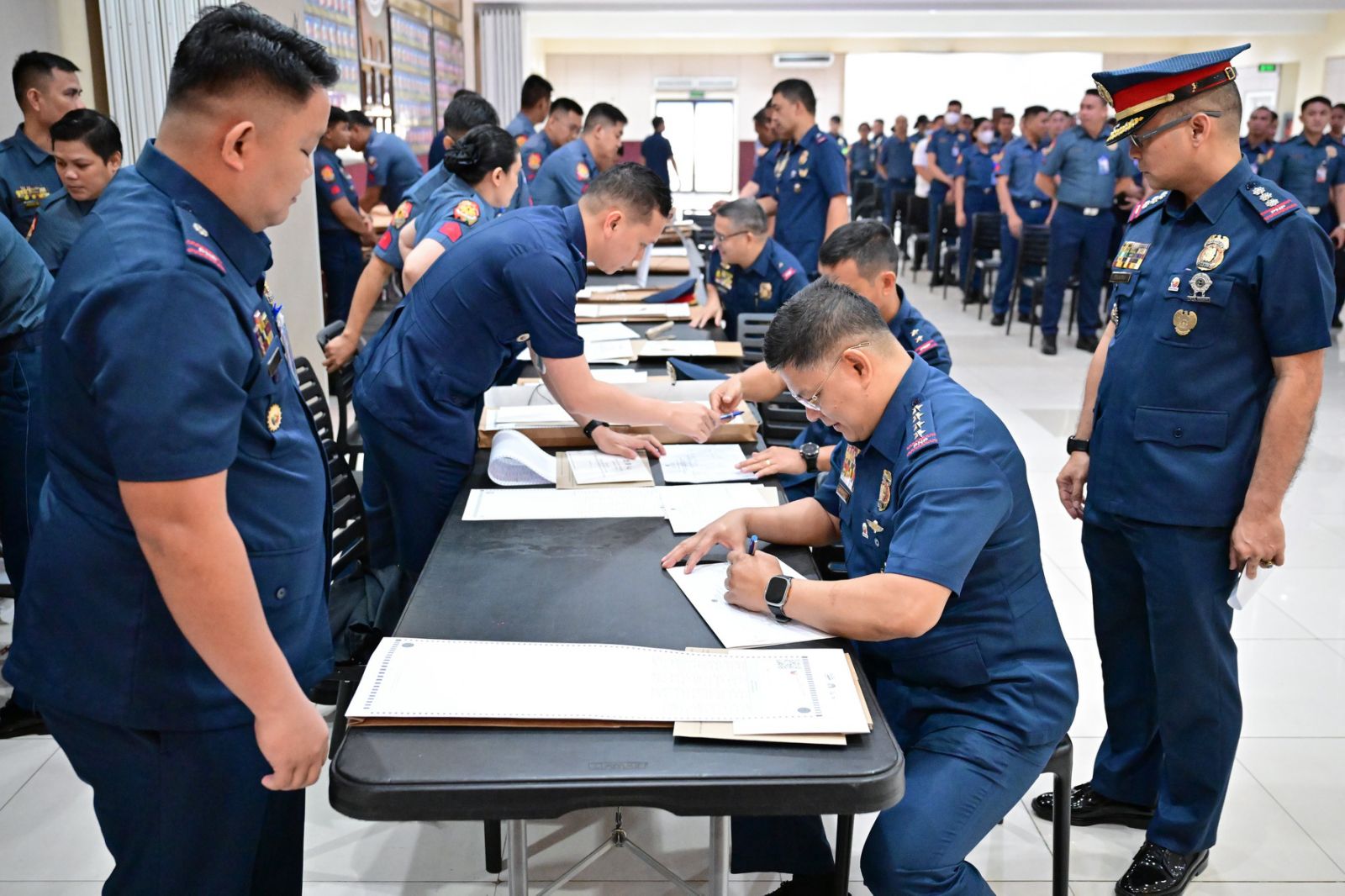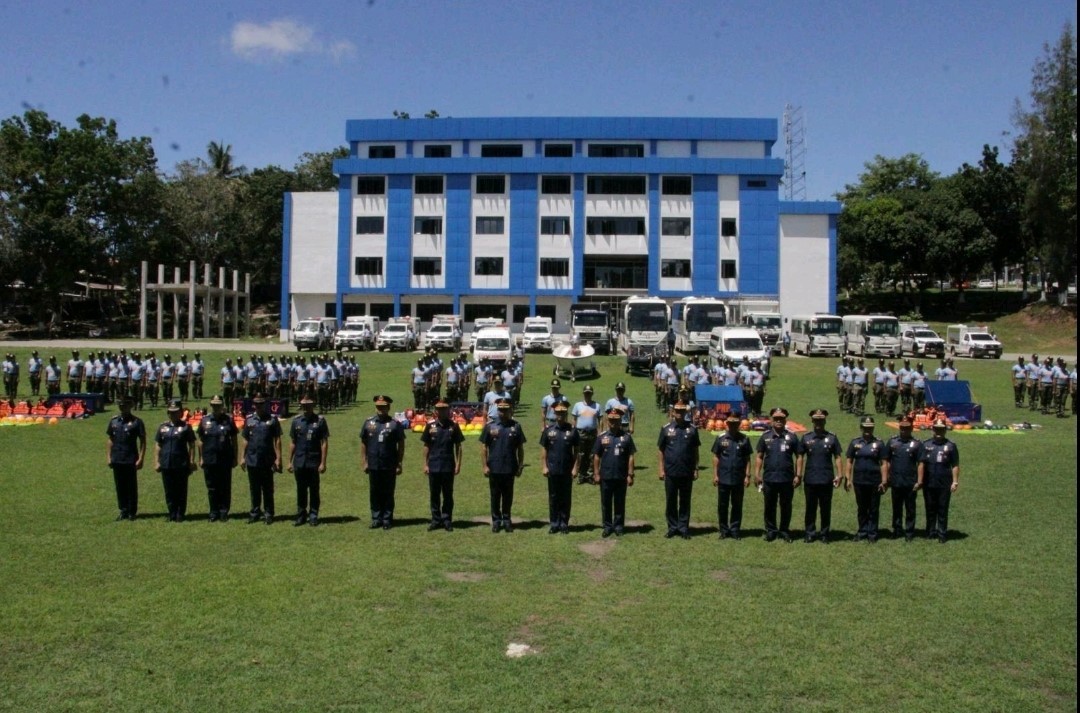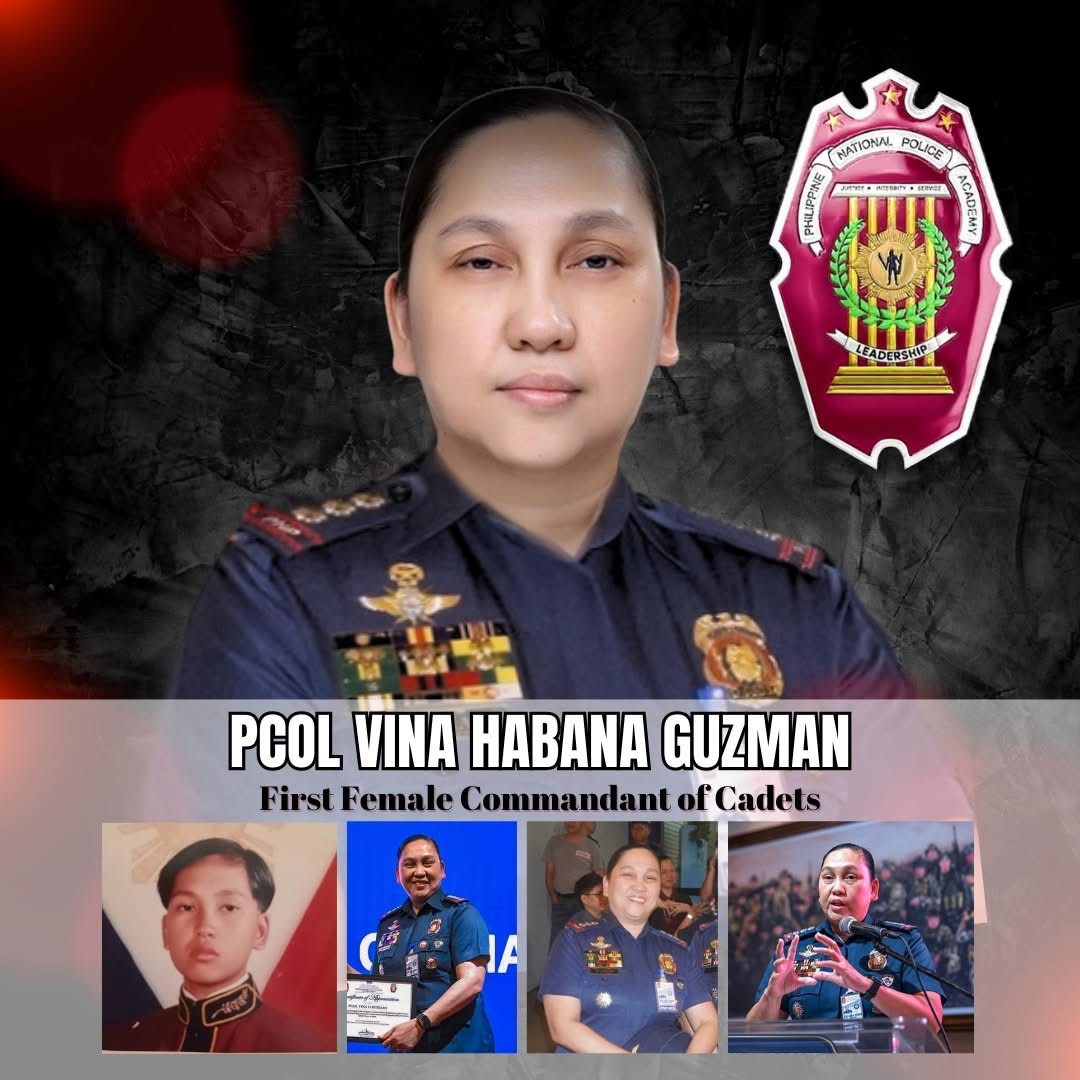In a democratic country, voting is a right and a civic duty that empowers citizens to influence governance and public policy. For police officers, voting lies not only in upholding their right to suffrage but also in reinforcing democratic inclusivity, strengthening the legitimacy of elections, and recognizing the sacrifices inherent to their service. Hence, democracy functions best when it includes diverse participation across all sectors of the society.
In response to the call of President Ferdinand R. Marcos Jr. for a safe and orderly elections, the Philippine National Police (PNP) joined the Commission on Elections’ commencement of the three-day Local Absentee Voting (LAV) for the 2025 National and Local Elections (NLE) on April 28, 2025 at the PNP Multi-Purpose Center in Camp Crame, Quezon City, and in other PNP Regional Offices. PNP Chief, Police General Rommel Francisco D. Marbil, led the opening of the LAV through casting his votes along with other police officers, serving as an inspiration to all PNP personnel.
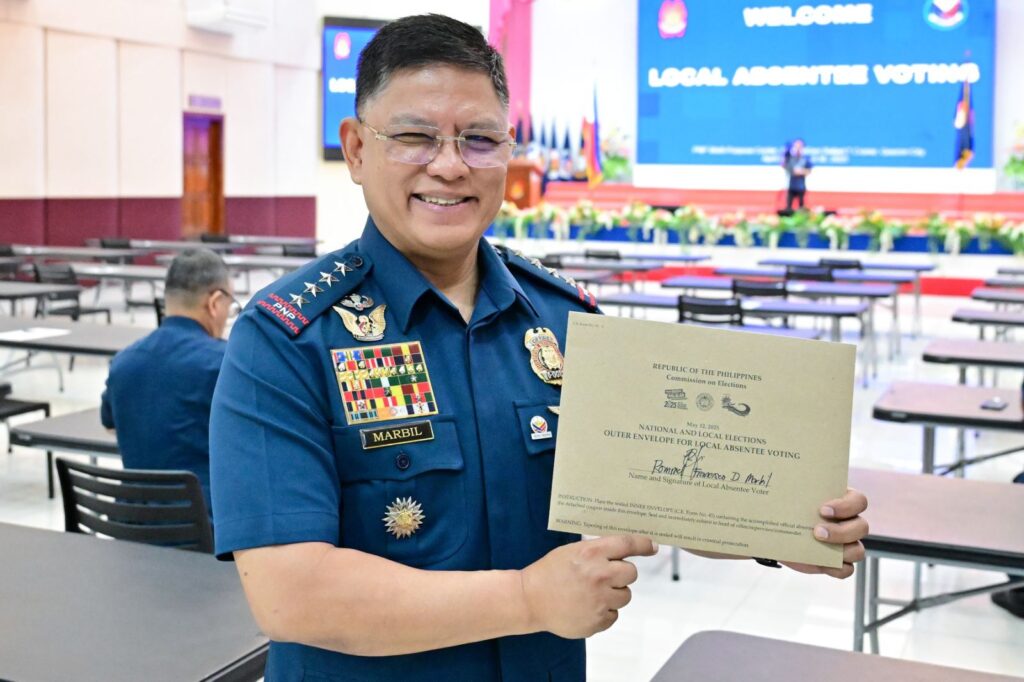
Under Section 1 of COMELEC Resolution No. 11091 (Rules and Regulations on Local Absentee Voting in Connection with the May 12, 2025 National and Local Election), “Local absentee voting refers to a system of voting whereby government officials and employees, including members of the Armed Forces of the Philippines (AFP), and PNP as well as members of the media, media practitioners including their technical and support staff (media voters) who are duly registered voters, are allowed to vote for national positions, i.e. Senators and Party-List Representatives, in places where they are not registered voters but where they are temporarily assigned to perform election duties on election day, or in case of media voters who will not be able to vote due to the performance of their functions in covering and reporting on the elections.”
Out of the approximately 33,000 PNP personnel nationwide who availed LAV, a total number of 1,471 Crame-based police officers exercised their right to vote in preparation for their election duties.
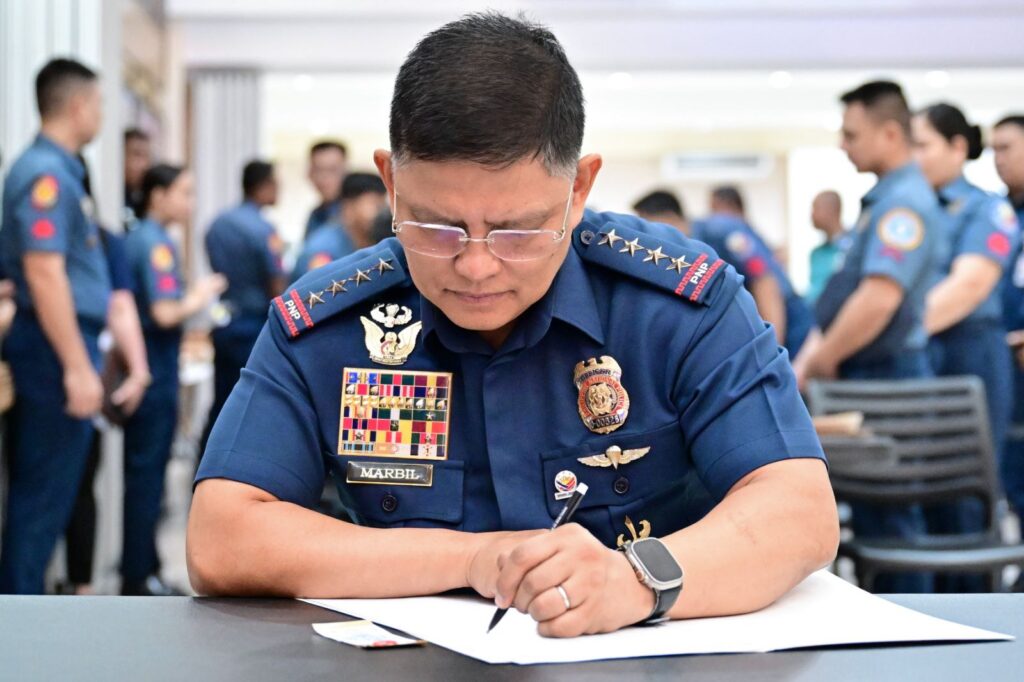
In his message, PGen Marbil emphasized the significance of exercising the right to suffrage, especially among law enforcers.
“We are not just enforcers of democracy — we are part of it. Voting is not only our right; it is our duty, and one way [to] show our love for our country,” CPNP said.
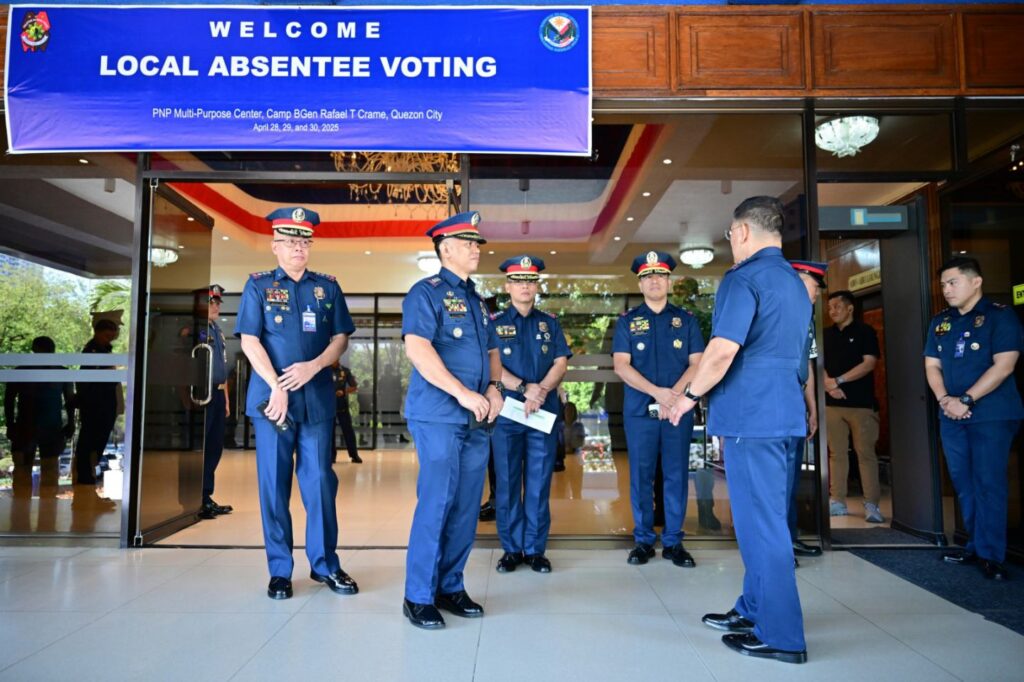
PGen Marbil also assured the public of PNP’s readiness to secure the upcoming polls, stressing that personnel, mobility assets, and logistical resources are already in place. As a matter of fact, police presence and deployment of police officers for the upcoming 2025 elections are intensified throughout the country.
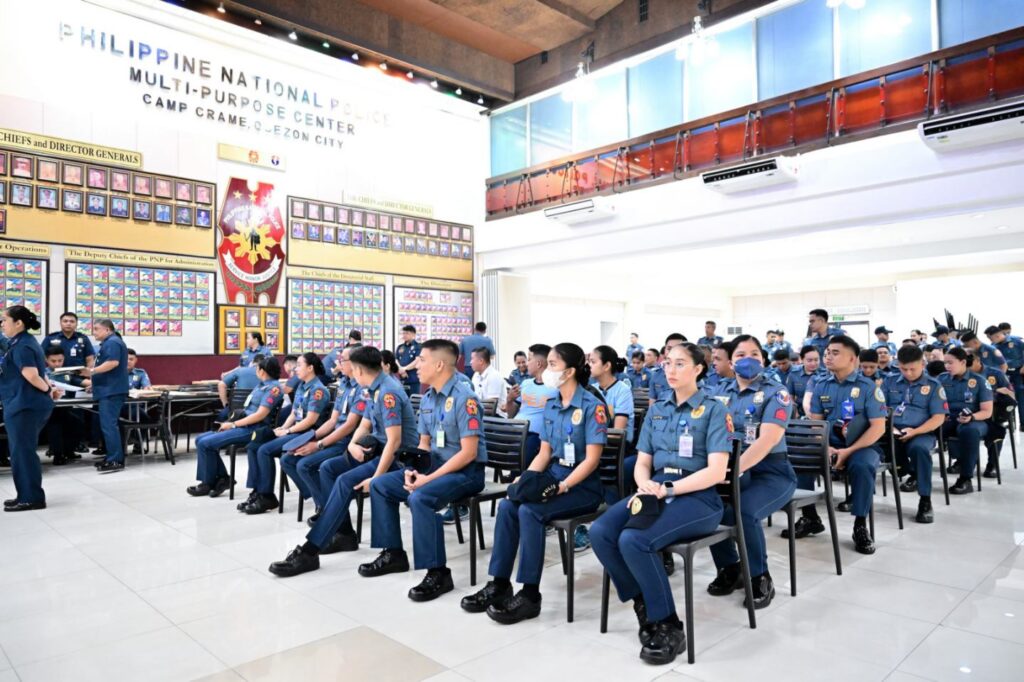
In Metro Manila, the NCRPO has increased police presence on EDSA and other major roads, including key intersections, terminals, and crowded areas. Patrol teams are present 24/7 to make sure commuters, motorists, and pedestrians are safe and comfortable.
In Central Luzon and CALABARZON, PRO3 and PRO4A strengthened their anti-criminality strategies using updated crime mapping, time-based crime data, and predictive policing tools. Patrols have been intensified in urban centers, provincial capitals, business districts, and transport hubs to promptly address any threat.
At the same time, the Highway Patrol Group (HPG) also strengthened operations on national highways and major roads, including the strict implementation of the “No Plate, No Travel” Policy, in cooperation with the Land Transportation Office (LTO), against unregistered and illegal vehicles. There are spot inspections in transport-related establishments to ensure compliance with the law and safety.
The PNP Top Cop further instructed all Police Regional Offices to reassess and optimize their patrol deployment using crime clocks, hotspot analysis, and tactical data. Tactical Motorcycle Riding Units (TMRUs) move more actively against loose firearms, illegal drugs, private armed groups, organized crime syndicates, and wanted persons — making no room for criminals.
PNP reaffirms its dedication to support the democratic electoral process, and safeguard the national security, especially during the election period.
